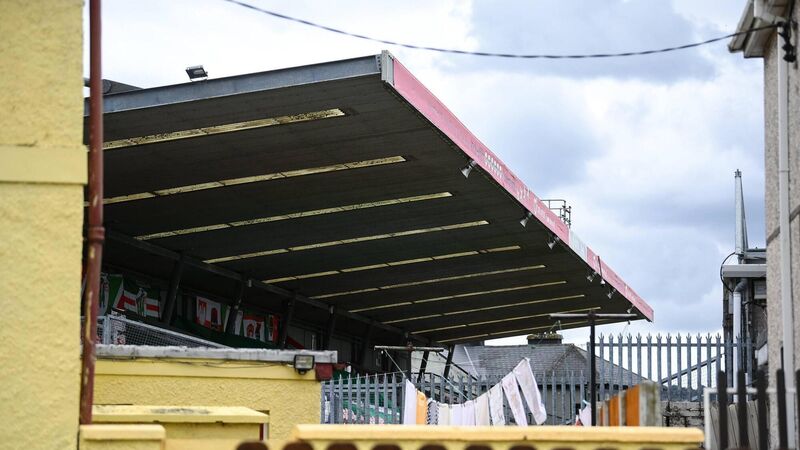John Fallon: Safe Standing part of solution to Turner’s Cross bottleneck

SOLUTION? The Shed End at Turners Cross prior to the SSE Airtricity League Premier Division match between Cork City and Bohemians. Pic: Stephen McCarthy/Sportsfile
FROM the dread of worrying about attendances, the concern consuming League of Ireland clubs nowadays is accommodating the upsurge in spectator interest.









